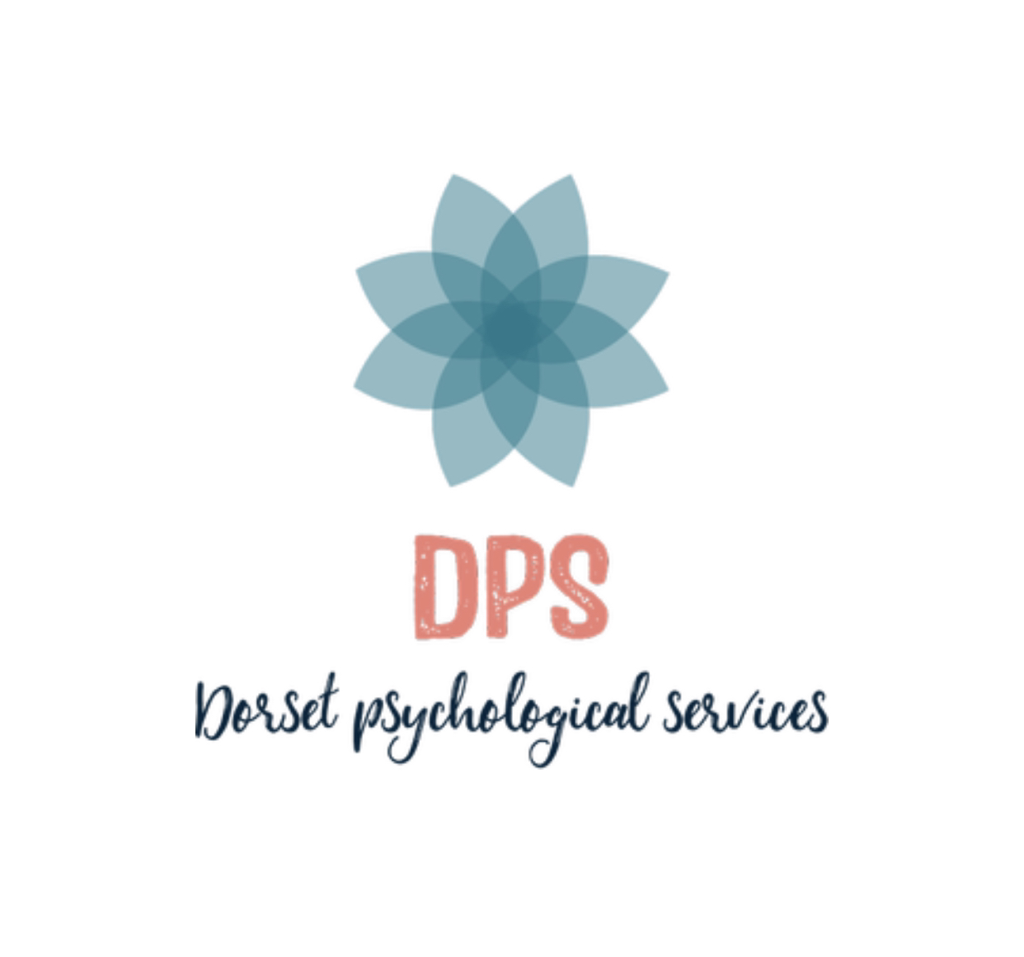The Process of Therapy
Following on from the assessment, we will then discuss arrangements for ongoing sessions. Therapy is never a ‘quick fix’ and requires collaborative work both in and out of sessions in order to be most effective. Hence regular sessions are important in terms of taking new skills or ideas learnt within sessions, implementing them in ‘real life’ and then reflecting on the success of these.
Once you have agreed to therapy, you will have a weekly time slot reserved for you (45-50 minutes). Normally we would arrange a set of 6-8 treatment sessions and then review progress at the end of these with a view to arranging further sessions if needed or ending therapy. The whole process should be completely transparent and we will always encourage you to feedback any concerns or ask any questions as we proceed.
As therapy involves talking about your concerns, you might experience some difficult feelings as the therapy progresses. It is also possible that you might find some sessions challenging, and indeed painful, as you remember certain events in your life history. It is quite normal to experience these kinds of feelings during the course of therapy as you uncover aspects of yourself and your experience that have perhaps been avoided or forgotten. This is not a sign that therapy is not working and you are encouraged to persevere with the process and discuss these difficult times with me. As therapy progresses you will hopefully feel a greater sense of acceptance and enhanced understanding of yourself.



